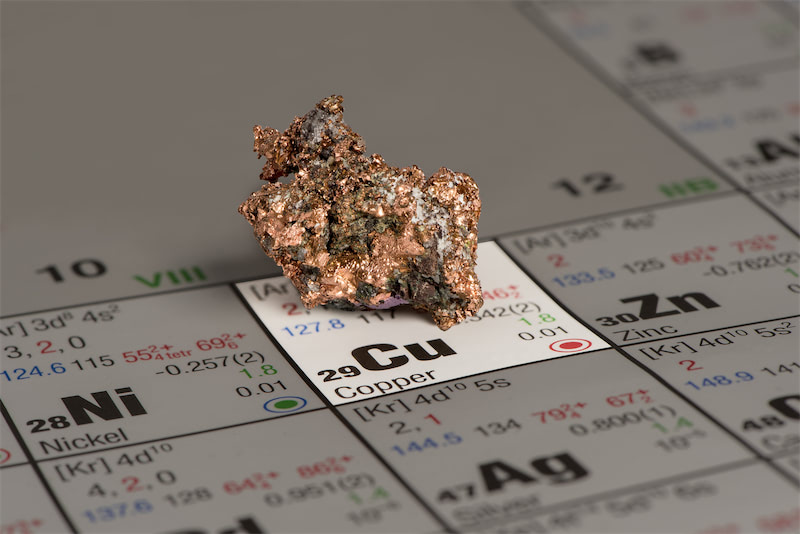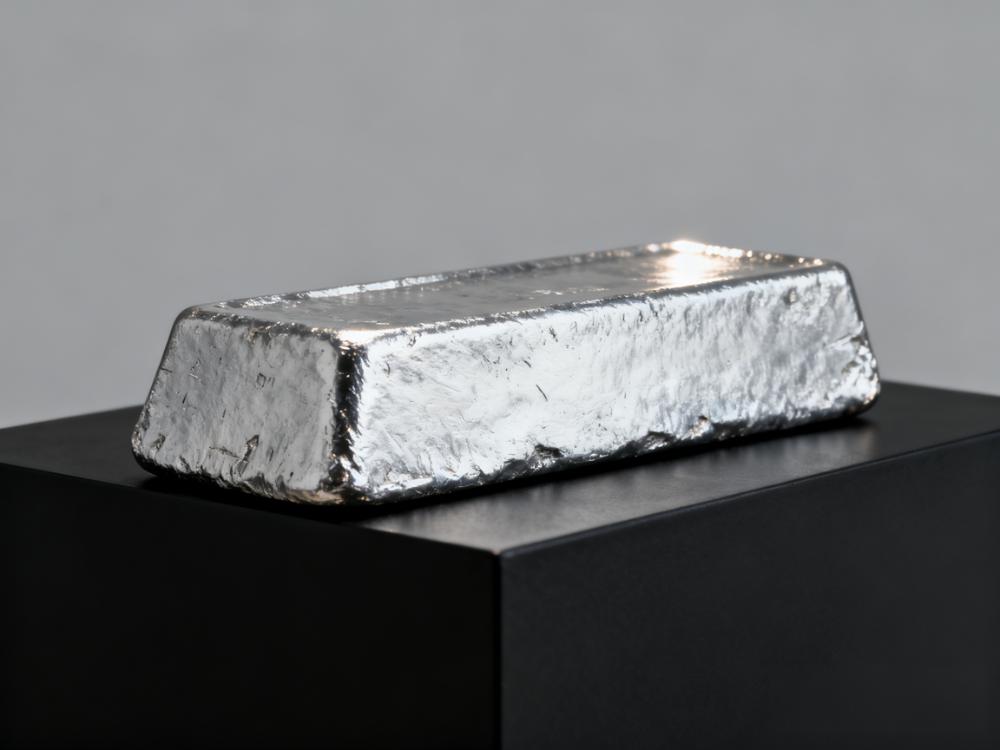Background
Nickel ore transactions in Indonesia are based on the government-mandated domestic benchmark price (HPM), which is derived from the LME nickel average spot price over the past 20 trading days and adjusted biweekly. However, nickel ore in the current market, especially high-grade ore/laterite ore (with a nickel grade of 1.5% and above), typically incurs an additional fee on top of the benchmark price, known as a "premium." The existence of this premium primarily stems from Indonesia's stringent ore royalty policies and rising related costs, while the introduction of the SIMBARA system has effectively curbed illegal ore trading. Overall, these factors have reduced the supply of tradable ore in the market and constrained supply amid a continuous increase in the number of smelters. Consequently, the "premium" mechanism was introduced to alleviate the supply-demand mismatch and ensure that smelters can secure stable ore procurement from mining enterprises.
According to SMM data, the mainstream premium transaction range was $24–26/wmt, covering the majority of market transactions. In the previous quarter, the rise in the premium was mainly driven by a 14% royalty increase. However, entering Q2, the premium declined by an average of approximately $2 in July and remained stable through September. The reasons and analysis behind this are as follows:
- Weather Conditions
Although Indonesia's rainy season persisted from early January to July, overall weather conditions in Q3 improved compared to previous quarters, with some areas in Sulawesi and Halmahera experiencing better conditions, despite sporadic rainfall.
- RKAB Approval
The deadline for revisions to Indonesia's Annual Work Plan and Budget (RKAB) was July 31, 2025, with some mining enterprises expected to receive additional quotas, thereby increasing ore supply in the market.
- Sustained Losses at Smelters
The primary reason for the decline in the premium in July was closely tied to smelters' price affordability. In the previous quarter, from April to June, NPI prices continued to decline, while nickel ore premiums still rose, exacerbating losses for NPI smelters. Some local smelters were forced to reduce capacity or even halt production. Amid competition between smelters vying for ore and mining enterprises restricting supply, producers at the cost threshold could no longer absorb the high raw material costs. As a result, nickel ore premiums adjusted downward to return to levels acceptable to smelters.
From mid-July, NPI prices entered a phase of sustained increase, which continued through September. However, nickel ore premiums remained stable, constrained by factors such as previous large-scale losses, the release of RKAB approvals, and overall improved weather conditions. Although NPI prices have rebounded significantly, the procurement demand from local smelters has not increased rapidly in tandem. Under these circumstances, both smelters and mining enterprises have demonstrated a willingness to maintain their respective price floors in the bargaining process.
Looking ahead
, the downside room for Indonesian nickel ore premiums is relatively limited. Recently, Indonesia's Ministry of Energy and Mineral Resources (ESDM) and the government have assigned a forestry task force to crack down on illegal mining activities. Although the actual impact on overall supply is not yet significant, this move signals renewed market expectations of potential ore shortages, particularly for the next round of RKAB approval cycles in 2026. Against this backdrop, Indonesian nickel ore premiums are expected to remain at current levels after entering Q4, with limited probability of decline, while the possibility of an increase by year-end cannot be ruled out, as some smelters may lock in ore purchases in advance to ensure production supply for early 2026.
![[SMM Analysis] Influenced by macro sentiment, MHP and high-grade nickel matte prices declined this week.](https://imgqn.smm.cn/usercenter/CWsEw20251217171732.jpeg)

